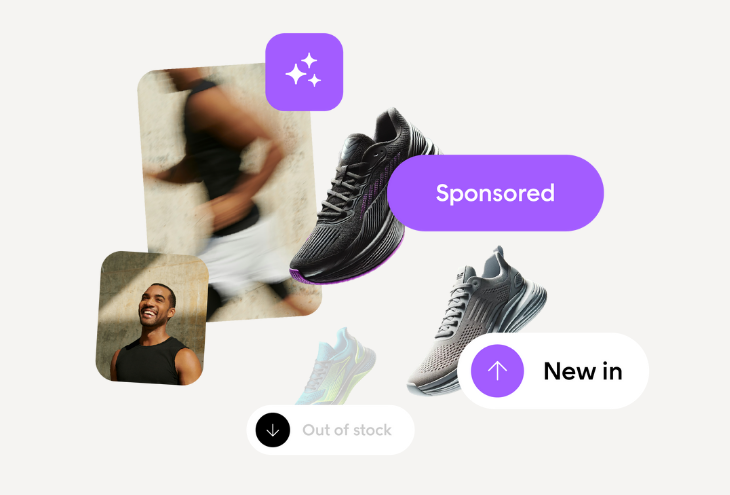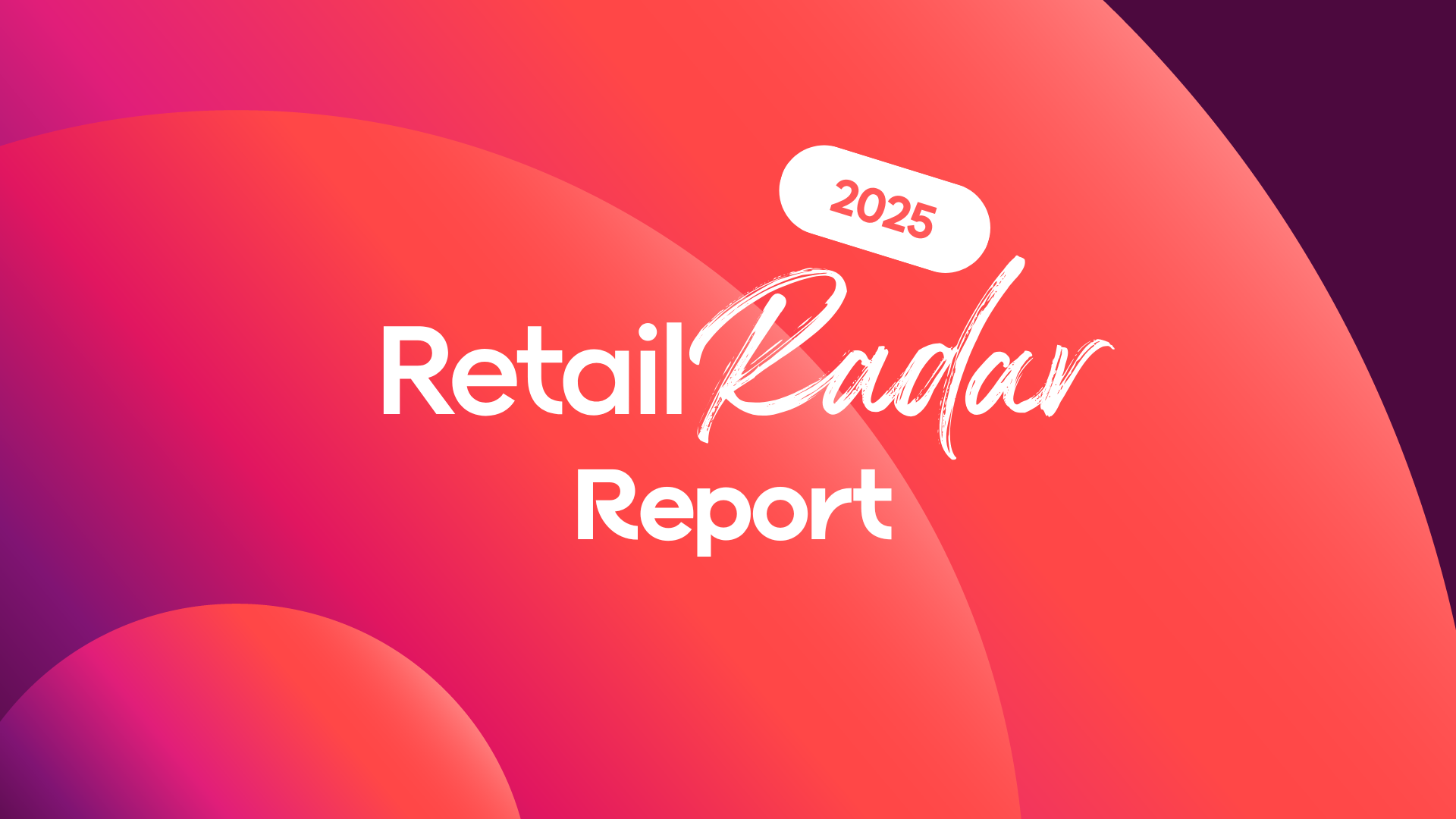1. Definitions
1.1 The following terms shall have the meanings set forth below (wherever used in the Agreement):
“Agreed Hours of Service” means twenty-four (24) hours a day every day of the year.
“Business Days” means Monday to Friday during Normal Support Hours, excluding Swedish public holidays.
“Downtime” is the period within the Agreed Hours of Service where the availability has not been met with the deduction of: (i) Planned Maintenance; (ii) load time of Customer data; (iii) any failure in the Managed On-premise service directly or indirectly due to any hardware and/or software which is not under Supplier control; and (iv) any downtime which is outside of the responsibility of Supplier as described in Section 4.
“Incident” means a reproducible failure of the Product to substantially conform to the functions described in the Agreement.
“Maximum Queries Per Second” means the maximum number of queries made to a Production Cluster per second, which is defined as the actual monthly sessions for the period in question divided by 10,000 or as stated in the Main Agreement. Supplier shall track the queries made to each Production Cluster and secure the number of queries made to the Product for a reasonable period of time.
“Normal Support Hours” means 9am to 5pm (CET) on Business Days.
“Planned Maintenance” is planned service and maintenance which may affect the Customer clients of the system. Any such planned service and maintenance will not exceed three (3) hours per quarter per Production Cluster or otherwise as agreed with the Customer. Supplier will inform Customer at least two (2) weeks in advance of such planned service and maintenance.
“Response Time” means the targeted time period within which Supplier shall use commercially reasonable efforts to contact Customer to acknowledge receipt of a Support Ticket.
“Severity Level” means the severity levels 1-4 as defined below:
- “Severity Level 1 – Critical”: means an Incident where Customer’s production use of the Product is stopped or so severely impacted that the Customer cannot reasonably continue its business operations.
- “Severity Level 2 – High” means an Incident where one or more important functions of the Product is unavailable with no acceptable fixes or work-arounds and there is a serious impact on the Customer’s business operations.
- “Severity Level 3 – Normal” means an Incident where less significant functionality is unavailable and there are no reasonable fixes or work-arounds and the impact on the Customer’s business operations are minor.
- “Severity Level 4 – Low” means that there is no impact on the functionality of the Product or a question regarding the functionality of the Product.
“Superusers” means the persons designated as Supplier’s support team which are entitled to make request and binding decisions on behalf of the Customer.
“Support Ticket” means a single support question Incident or other issue reported by a Superuser as described in this Appendix.
2. Scope of the Support Services and Support Tickets
Subject to the terms in the Agreement, Supplier shall address all Support Tickets which may arise from the Customer’s use of the Product in accordance with this SLA. Support Tickets may be reported during Business Days and Normal Support Hours. Critical and High Incidents may however be reported 24/7 as stated in the table below. Support services are provided in either English or Swedish. Support services are unlimited regarding Incidents.
A Support Ticket must be reported by a Superuser. Customer is responsible to notify all Superusers to the Supplier and to keep the list of applicable Superusers updated. The Customer may substitute Superusers from time to time by giving Supplier prior written notice. If the Superuser is not an employee of the Customer, the Superuser must be approved by the Supplier in writing.
Support Tickets shall be notified via email by using the contact details below. Severity Level 1 and 2 Incidents must however be reported via telephone by using the number below, Customer may thereafter be asked to provide additional information via other communication channels.
Contact information:
24/7 telephone number: +46-706-984000
email address: support@voyado.com
Required information:
All Support Tickets, except questions for Severity Level 4, must include the following information (as available):
• Organization and applicable Cluster(s)
• Dates and timelines of actions
• Network information, ping, traceroute etc.
• Instructions that allow Supplier to reproduce an Incident which demonstrates the specific usage that causes the Incident.
• Exact wording of all related error messages.
• A detailed description of the Incident and results
• Steps taken to investigate the Incident
• Screenshots or recordings
• Name of impacted area
• Potential impact for the business and any special circumstances surrounding the discovery of the Incident.
For Severity Level 1 and 2 Incidents, Customer is required to provide an additional point of contact. Customer acknowledges and agrees that Supplier may, if necessary, share the information above with relevant subcontractors.
that Supplier may, if necessary, share the information above with relevant subcontractors.
3. Reporting and action plan
After receiving the Support Ticket, Supplier will establish whether there is an Incident for which the Customer is entitled to support services under this Agreement and if so, shall:
a. Confirm receipt of the Incident and assign the Incident the appropriate Severity Level. Supplier may thereafter reclassify the Incident based on the current impact on the Product and business operations by notifying the Customer. If Supplier determines that the Support Ticket is not a support issue, it will not be addressed under this Appendix. If it is not a support issue, Customer may be offered support according to Supplier’s applicable support rates if Supplier can be of assistance.
b. Based on the information provided by the Customer, analyze the Incident and verify the existence of the problem.
c. Provide the Customer with directions and assistance in order to resolve the Incident or question.
Supplier commits to the following Response Times and resolution targets:
| Error Severity Level |
Response Time |
Initial Resolution Time target |
Final Resolution Time target |
| Critical |
One (1) hour |
Commercially reasonable efforts to continuously work on the incident until resolution is reached or a workaround is implemented, and the severity downgraded |
Next product release or patch |
| High |
Two (2) hours |
Voyado Lund will exercise reasonable efforts to resolve the incident or provide a workaround within two (2) business days. |
Future product release or patch |
| Normal |
Two (2) hours |
Voyado Lund will exercise reasonable efforts to resolve the incident or provide a workaround within five (5) business days. |
Future product release or patch |
| Low |
N/A |
Voyado Lund will exercise reasonable efforts to resolve the incident in the next maintenance release. |
Future product release or patch. |
4. Customer’s obligations and requirements
Supplier’s obligation to provide support services are conditioned upon the following requirements being fulfilled by the Customer:
a. Customer’s payment of all applicable fees prior to the date the Support Ticket is reported and a valid Agreement.
b. Procuring, installing and maintaining all equipment necessary to access the Service.
c. Providing Supplier with the information described above and reasonable assistance, data and materials as necessary.
d. Providing correct contact information on Superusers.
e. Correct reporting in accordance with this SLA.
Supplier is not responsible to resolve any incident or error if the Product should be unavailable or degraded due to the actions undertaken by the Customer or any third party such as, but not limited to: providing too much and/or erroneous data, removal of panels configurations, network availability issues regarding the Product access point, availability or functionality issues due to the Customer’s own environment or a Customer nominated hosting partner’s environment, the Maximum Queries Per Second is exceeded (the number of queries per second made to the Product and secured by Supplier shall be decisive for such limitation of Supplier’s responsibility), etc. If Supplier provides assistance for such incident or error, Supplier may charge the Customer for performed work at the agreed or standard professional services rate.
5. Availability (Up-time) Service Level
The agreed Customer client availability level of the Production Cluster is 99.95% measured per month. Availability is calculated as; availability (%) = 100*(Agreed Hours of Service – Downtime) / (Agreed Hours of Service).
If the availability is below this level in a month, the Customer is entitled to a service level credit of the fixed fees for the month of non-conformance, according to the table below:
| Actual availability percentage |
% Reduction of fixed fees |
| 99.0% – 99.94% |
10% |
| < 99.0% |
20% |
In order to be entitled to the service level credit, the Customer must submit a claim to Supplier no later than the end of the month following the month of non-conformance. This constitutes Supplier’s sole liability for up-time availability and Customer shall not be entitled to any other remedy for such.
 Voyado Engage
Voyado Engage  Voyado Elevate
Voyado Elevate  Powered by Bonnie AI
Powered by Bonnie AI 





